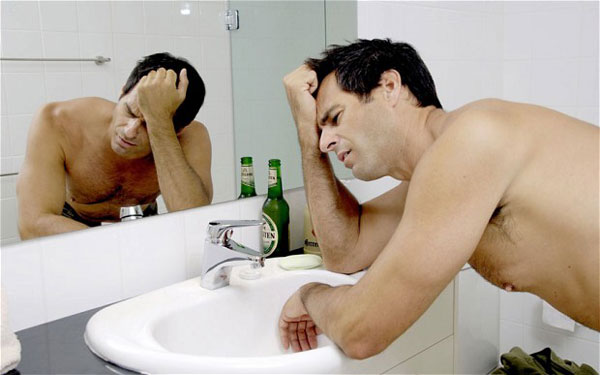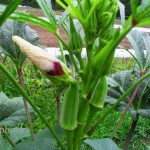
A few of us have, at one point or another, shamelessly downed one too many drinks in a single night out on the town. Unforgettable memories (or lack of) usually follow that night of drinking beer, wine, or spirits along with the dreaded hangover the morning after. While the only way to cure a hangover is to drink in moderation, or avoid getting one altogether, there are a few hangover remedies to ease the head-pounding, body aching regret we feel the next day.
Since more than 75 percent of people who’ve had alcohol have experienced a hangover and missed work due to one, it is essential to know how to tackle the alcohol-induced pain. To avoid hangover-related poor job performance and to ace your board room meeting the next morning, it’s best to sober up the smart way. To separate fact from fiction when it comes to folk wisdom of hangovers, add these scientifically-proven cures that have helped some of us get through college and will hopefully continue to help us get through life:

1. Water
During or after a night of excessive drinking, most of us will turn to water to quench our thirst, since our body is absolutely parched. While the thought of putting more liquid into your body may sound revolting, water can actually help. Typically, the negative symptoms of alcohol derive from the dehydration of the body.
Aicacia Young, a Registered Dietitian in Austin, Texas, and founder at Climb Healthy, believes water can lessen the severity of headaches, fatigue, nausea, and confusion. “Rehydrating before you go to sleep can help lessen the blow the next morning,” Young told Medical Daily in an email. Rehydrating will allow us to be more equipped to tackle the symptoms.
2. Sprite
Ironically, chugging on sweet, caffeine-free soda, may provide much solace during a hangover. In a 2013 study published in the journal Food and Function, Chinese researchers found the drink helps the body better metabolize alcohol by speeding up our ability to process aldehyde dehydrogenase (ALDH), believed to be the culprit for hangover symptoms. Contrary to popular belief, the study also found herbal and other supplements actually have pharmacological activities that both harm and benefit our health. Sipping on herbal tea may slow down the ALDH process and could possibly prolong the hangover.
3. Ginger or Peppermint Tea
Although the previous study found Sprite may be more effective than herbal teas, other studies suggest sipping on ginger or peppermint tea is the perfect soothing brew for hangover-related nausea and stomachaches. A 2003 study published in the American Journal of Physiology and a 2008 study published in Prescrire International both found the teas can reduce nausea and motion sickness when used appropriately. Green tea is also known to be helpful to the liver, as EGCG (Epigallocatechin galate) has been shown to stimulate key detoxification pathways.
4. Asparagus
While the spring vegetable may not be the food craving we have after a few drinks, asparagus may actually protect our body from booze. A 2009 study published in the Journal of Food Science found the amino acids in asparagus improves the speed of how human cells break down alcohol, which can prevent some of the long-term damage from alcohol’s toxic byproducts, such as hydrogen peroxide. It is the biological functions of asparagus that can help alleviate alcohol hangover, while protecting liver cells.
5. Bananas and Pretzels
This may seem like a peculiar combination but eating pretzels and bananas can cure a hangover. These foods high in salt and potassium content, respectively, are the way to go. Alyssa Cellini, nutritionist in Bridgewater, N.J., suggests eating these two foods because they are good sources to prevent further dehydration. “[B]oth salt and potassium are electrolytes, that hold onto water to decrease dehydration,” she told Medical Daily in an email. “[A]dding in natural electrolytes that ALSO come with carbohydrates (which are depleted during the liver-detoxing) will make for one less step to feeling better.” Cellini reminds us alternative sources of electrolytes are anything that contains salt and potassium.
6. Coffee and an Aspirin
The most predictable and simple combination has actually been proven to work. A 2010 study published in the journal PlOS ONE found caffeine in coffee and the anti-inflammatory ingredients of aspirin and other painkillers, reacted against the chemical compounds of ethanol, or pure alcohol. Ethanol is know to bring on headaches due to the chemical acetate. Cellini cautions, “coffee further dehydrates you and is acidic, but it will force adrenaline up which will give you a false energy boost.” It’s best to take precaution


